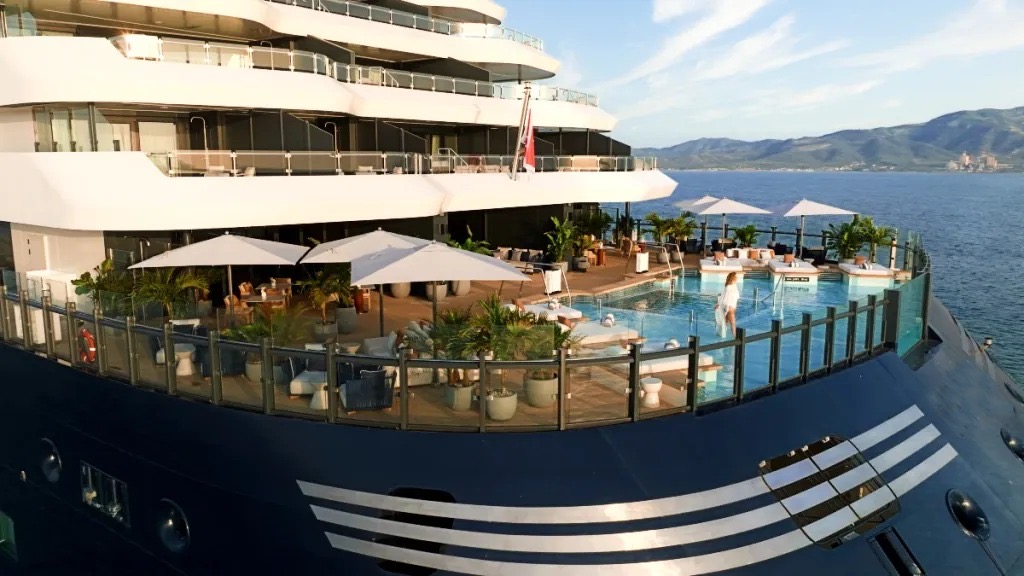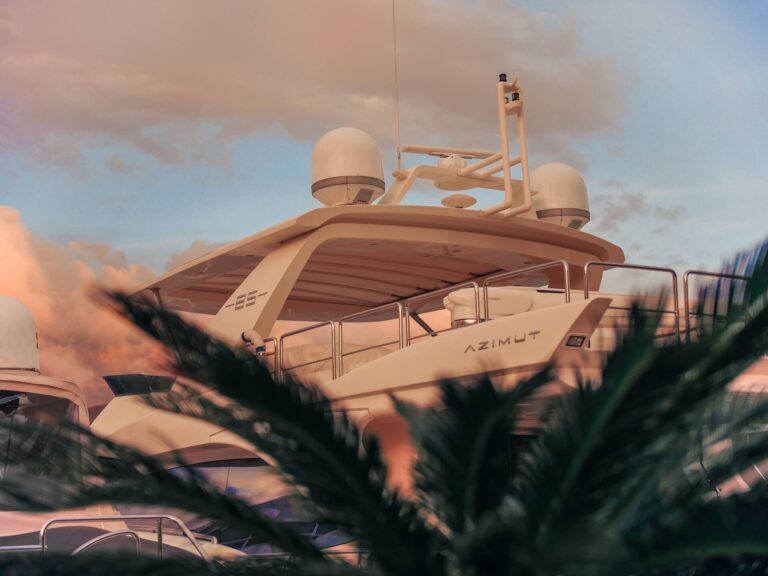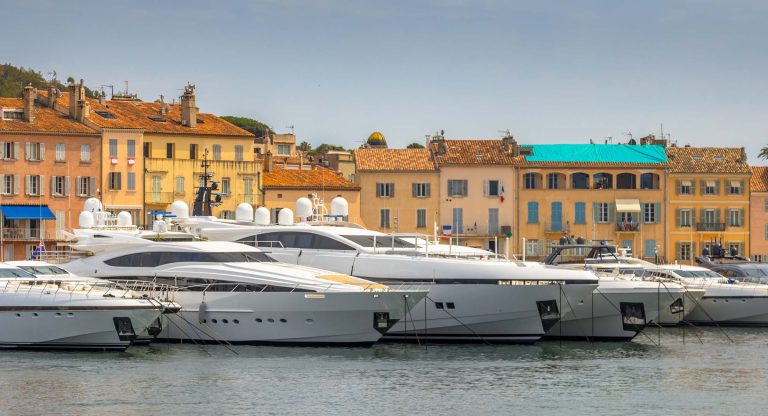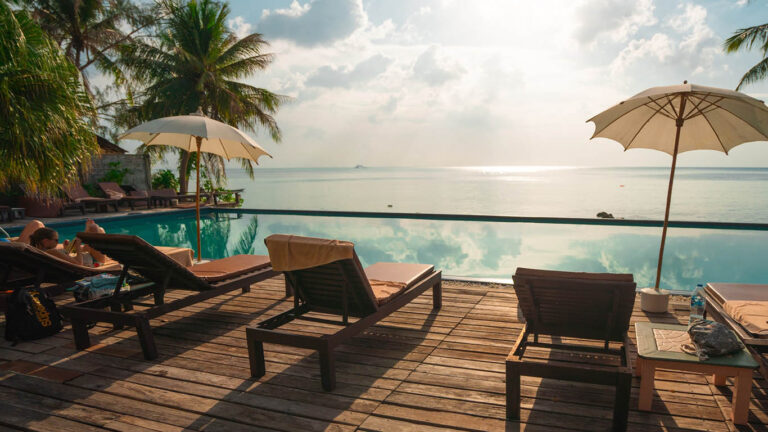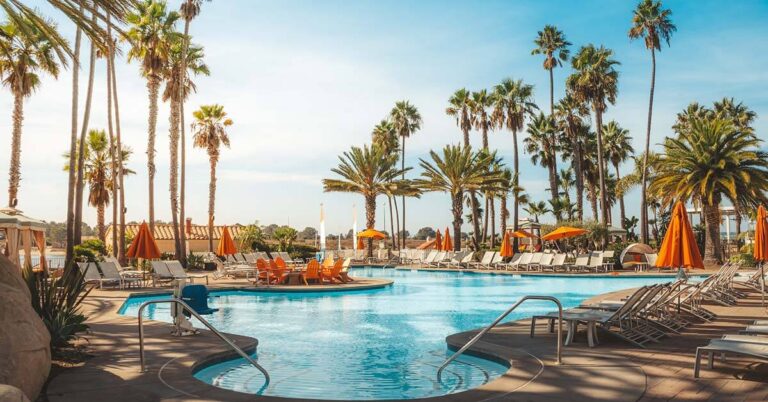Chapter 1 – The Philosophy of Anticipatory Service
THE PARADOX OF FIVE STARS
The most experienced travelers in the world often walk into five-star hotels already expecting to be disappointed. Not because they’re ungrateful or impossible to please, but because they’ve learned that the industry’s definition of luxury rarely matches their own.
The paradox of high-end travel is simple: the more refined and effortless someone’s daily life becomes, the more jarring even polished hospitality can feel.
For the ultra-experienced guest, the baseline at home is already exceptional—private chefs who remember precisely how the morning coffee should taste, homes designed around their rhythms, and staff who anticipate moods as much as needs. When they travel, they’re not chasing better things; they’re chasing the feeling of effortless flow.
Yet most of the world’s finest hotels still greet them with questions:
“Would you like help making dinner reservations?”
“What are your plans while you’re here?”
To that guest, those questions are gentle reminders that the work of enjoyment still rests on their shoulders.
THE MIRAGE OF VISIBLE LUXURY
Hospitality has spent decades mastering visible symbols—marble lobbies, Michelin stars, exotic amenities. But true luxury isn’t what you can photograph; it’s what you never have to think about.
When a guest steps off a plane into a perfectly cooled car stocked with the right sparkling water and the playlist they love most, that is luxury. When they arrive and the scent, lighting, and rhythm of the room already match their mood, that is service.
The emotion they feel isn’t amazement—it’s relief. Relief that someone thought far enough ahead to let them exhale.
ANTICIPATORY SERVICE
In the perfect hospitality environment, everything a guest could want has already been imagined, sourced, and scheduled. There are no “What should we do tonight?” conversations—only a discreet itinerary, quietly confirmed and effortlessly executed.
I’ve often wondered why, at some of the best hotels on earth, I still find myself researching lunch or scanning reviews for dinner. At that level, shouldn’t the concierge have already handed me a card with two or three inspired reservations—places I wouldn’t have found on my own, ready to welcome me by name?
That is the difference between professional politeness and anticipatory mastery. One takes direction. The other leads.
THE EMOTIONAL INTELLIGENCE OF SERVICE
The UHNW guest isn’t seeking extravagance; they’re seeking recognition—of nuance, preference, and personality. They want a bartender who remembers that the second martini should have slightly less vermouth. They want a team that senses when they need conversation and when they need silence.
Great service isn’t reactive—it’s intuitive. It’s the unspoken choreography that makes a traveler feel known without being watched, indulged without being fussed over.
This level of empathy demands curiosity. It means asking questions long before arrival, then interpreting answers to reveal what the guest didn’t articulate. The job of a luxury host isn’t to ask what a guest wants—it’s to understand why they travel at all.
WHY THE INDUSTRY FALLS SHORT
Traditional luxury was built on hierarchy and compliance—an elegant yes culture that rewards precision and decorum. But saying yes isn’t enough. The UHNW traveler values time above all, and every question, however polite, costs them some of it.
Most properties don’t fail from bad service; they fail from neutral service—competent, pleasant, unimaginative. Staff execute; they don’t anticipate. Systems are efficient, not intimate.
This is why a guest can spend $5,000 a night and still feel underwhelmed. They’re not paying for marble—they’re paying for mental ease. And too often, they must plan their own escape from the vacation they purchased.
DESIGNING FOR ANTICIPATION
Anticipatory hospitality begins long before arrival. It starts with curiosity and humility—a desire to learn who the guest is rather than what they booked.
The best service teams treat pre-arrival communication as discovery. They don’t send forms; they have conversations—about favorite wines, wake-up rituals, travel habits, even energy levels through the day—and then craft experiences that feel inevitable.
Imagine arriving to find your week already in rhythm: spa appointments when you’d naturally slow down, the perfect table waiting the night you’re social, a yacht charter timed to the tides and your favorite champagne. Nothing feels planned, yet everything is perfect. That’s anticipatory design—the invisible script that orchestrates ease.
TECHNOLOGY AS THE SILENT PARTNER
Artificial intelligence has a role here, but not as a replacement for human connection. AI helps teams research, remember, and refine—it notices evolving preferences and emerging opportunities. But only people can deliver care.
The future of UHNW hospitality lies in this partnership: AI builds intelligence; humans deliver intuition. The technology should serve the butler, not replace the butler. Used well, it amplifies the host’s ability to surprise and delight. Used poorly, it sterilizes experience into algorithmic hospitality—efficient, soulless, forgettable.
THE PHILOSOPHY WE’RE BUILDING
At The BluWater Group, this philosophy is what we’re striving to embody. Our goal isn’t to operate the most expensive yachts, planes, or villas—it’s to create an ecosystem of experiences that unfold as if they were always meant to happen.
In aviation and yachting, this mindset is mandatory. A private-jet passenger expects their favorite meal and wine waiting on board. A yacht guest expects a destination provisioned for them before they arrive.
That’s the model we’re bringing into every layer of hospitality we touch. We learn our clients deeply through conversation and experience; every journey refines the next. Every insight becomes part of a living profile that helps us anticipate, not repeat.
The belief is simple: the future of luxury isn’t about saying yes faster—it’s about knowing what to say yes to before the guest asks.
THE HUMAN ELEMENT
Technology and process matter, but the emotional foundation is trust. UHNW travelers don’t open up easily. They live in a world where discretion is currency and most interactions are transactional.
When a hospitality brand earns their trust, it’s never through a grand gesture—it’s through quiet consistency. They remember the team that noticed their espresso preference and never asked again. They remember the manager who adjusted a schedule without a word. They remember being understood.
That is the essence of anticipatory service: replacing surprise with serenity, friction with familiarity.
THE NEXT EVOLUTION OF LUXURY
The next era of luxury won’t be defined by square footage, brand names, or star ratings. It will be defined by mental space—by how completely a property, aircraft, or yacht removes friction from the traveler’s mind.
The most coveted experiences will feel completely designed yet completely natural—a world where environments adjust to guests rather than the other way around.
When that happens, conversations change. Guests stop talking about where they stayed and start talking about how it felt. They say, “It was as if they already knew me.” That’s when hospitality becomes art.
CLOSING REFLECTION
Luxury isn’t what you see. It’s what you don’t have to ask for. It’s the glass of wine poured before you realize you wanted it, the itinerary that fits you better than your own schedule, the sense that every detail has been quietly handled.
It’s the freedom to stop managing your own experience. And in a world where time and attention are the ultimate privileges, that freedom is the highest form of service there is.
© 2025 Blake Plumley – The BluWater Group
Pre-Publication Draft / For Review and Presale Distribution
All rights reserved. No portion of this text may be reproduced without permission from The BluWater Group.


